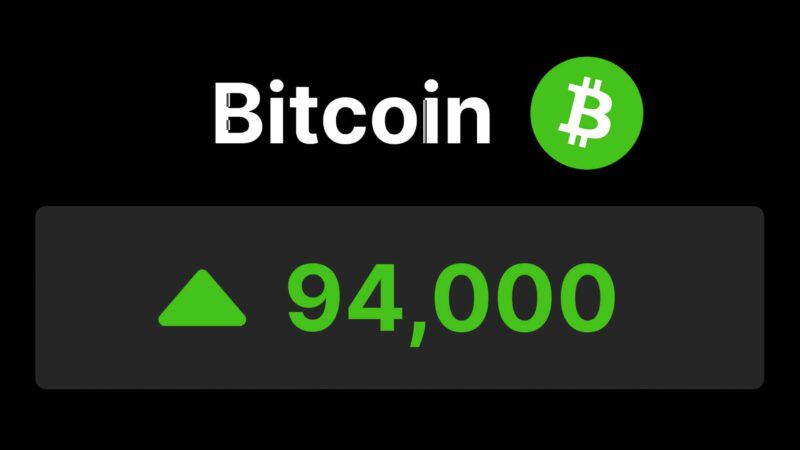It only took a change of clothes, or rather, a misinterpreted outfit, to trigger a $160 million crisis. On Polymarket, the flagship decentralized betting platform of Web3, a simple question: ‘Will Zelensky wear a suit before July 2025?’ plunged an entire ecosystem into doubt.
At first glance, everything seemed clear. The Ukrainian president appeared at the NATO summit in late June dressed in formal attire. With an identified designer, validation by style experts, and even an affirmative tweet from an account linked to Polymarket. But the mechanics do not follow visual logic: UMA, the oracle responsible for resolving disputes on the blockchain, seems ready to invalidate the bet.
Polymarket refuses to validate the bet on Zelensky’s outfit
160 million at stake, and an oracle in question
In the world of predictive markets, this kind of case is not trivial. Polymarket boasts over a billion in monthly volume, and the stakes quickly rise. In this specific case, the value of cumulative bets reached $160 million. It’s safe to say that each decision by the oracle can make or break fortunes.
The issue? UMA, the oracle used to arbitrate these disputes, relies on an economic voting system. $UMA token holders can vote to validate or challenge an answer. But with a capitalization significantly lower than the amounts wagered on Polymarket, some point to a risk of manipulation by whales or malicious actors.
The question is no longer just about clothing; it is structural. Can the governance model of oracles withstand speculation? Can we trust a protocol whose economy is vulnerable to eight-figure power plays?
A vulnerability that Kalshi did not miss
Accusations did not delay. On Twitter, suspicions even target Kalshi, a centralized competitor to Polymarket, as a possible instigator of manipulation attempts. Officially, Kalshi denies any involvement and dismisses it as a hoax. But behind the scenes, the war is declared: Kalshi is itself targeted by regulators from seven U.S. states and is dragging them to court.
Meanwhile, sports betting giants like DraftKings or Flutter are watching Polymarket with fresh eyes. Web3 is no longer a niche; it becomes a direct competitor in an industry that generated $13.7 billion in revenue in the United States in 2024.
When smart contracts are no longer enough
This sartorial fiasco reveals a major flaw: crypto oracles are not ready for subjective questions. UMA has validated over 26,000 on-chain assertions, with less than 2% disputes. But when a dispute concerns $160 million, every loophole becomes a chasm.
Predictive markets are at a crossroads. To survive and gain the trust of the general public, they will need to move beyond purely decentralized models. The challenge extends beyond Polymarket: it is about inventing governance capable of reconciling transparency, robustness, and… common sense.




